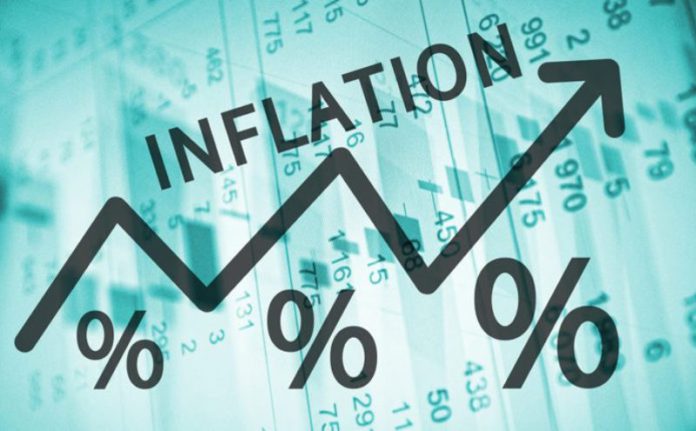
The President of the Ghana Union Traders Association (GUTA), Dr. Joseph Obeng, has cautioned the government against complacency despite the recent decline in inflation.
While acknowledging the positive progress of inflation from 54.1% in December 2022 to 26.4% in November 2023, he emphasized the need for continued vigilance and proactive measures.
Speaking on Eyewitness News on Citi FM, Dr. Obeng said, “The inflation was at 54.1%, the exchange rate was very high. In the last quarter of 2022, we experienced large rates of depreciation. When the first tranche of the IMF loan of $600 million came, we experienced long-term stability of the cedi. I think that is what is doing the magic of pulling the money down. Inflation has been at 54.1%, and it’s seeing a current decline of 26.4%. Once inflation is declining, we should be seeing the effects of that in the market. Are we seeing that?”
“We should not be complacent, especially when the second tranche of the IMF loan hasn’t come in. If it comes within time, we can sustain the gains we have got so far. We have to be serious in managing our monetary business to maintain the current inflation rate,” he said.
He anticipated a lower monetary policy rate to help cushion businesses.
“We should expect the monetary policy rate to come down, along with inflation so that the cost of borrowing and other costs of doing business can come down too. Then inflation can come down to the barest minimum to help both the consuming and the trading public.”
Finance Minister Ken Ofori-Atta recently attributed the consistent decline in inflation to the government’s dedicated efforts in restoring macroeconomic stability.
During a dividend presentation of GH¢30.89 million to the government by the Board of Twifo Oil Palm Plantation Limited, Ofori-Atta emphasized the tangible impact of these endeavors on the economic landscape.
“We saw inflation come down to 26.4%, which is literally where we were at 54 points some time at the end of last year. So it is quite an impressive performance. And I know we have been through difficult times, but you look at inflation being halved. We see our growth, which was expected to be 1.5%, double to 3%. And we look at currency depreciation, which since February has been about 7.2%, declined a bit.”

